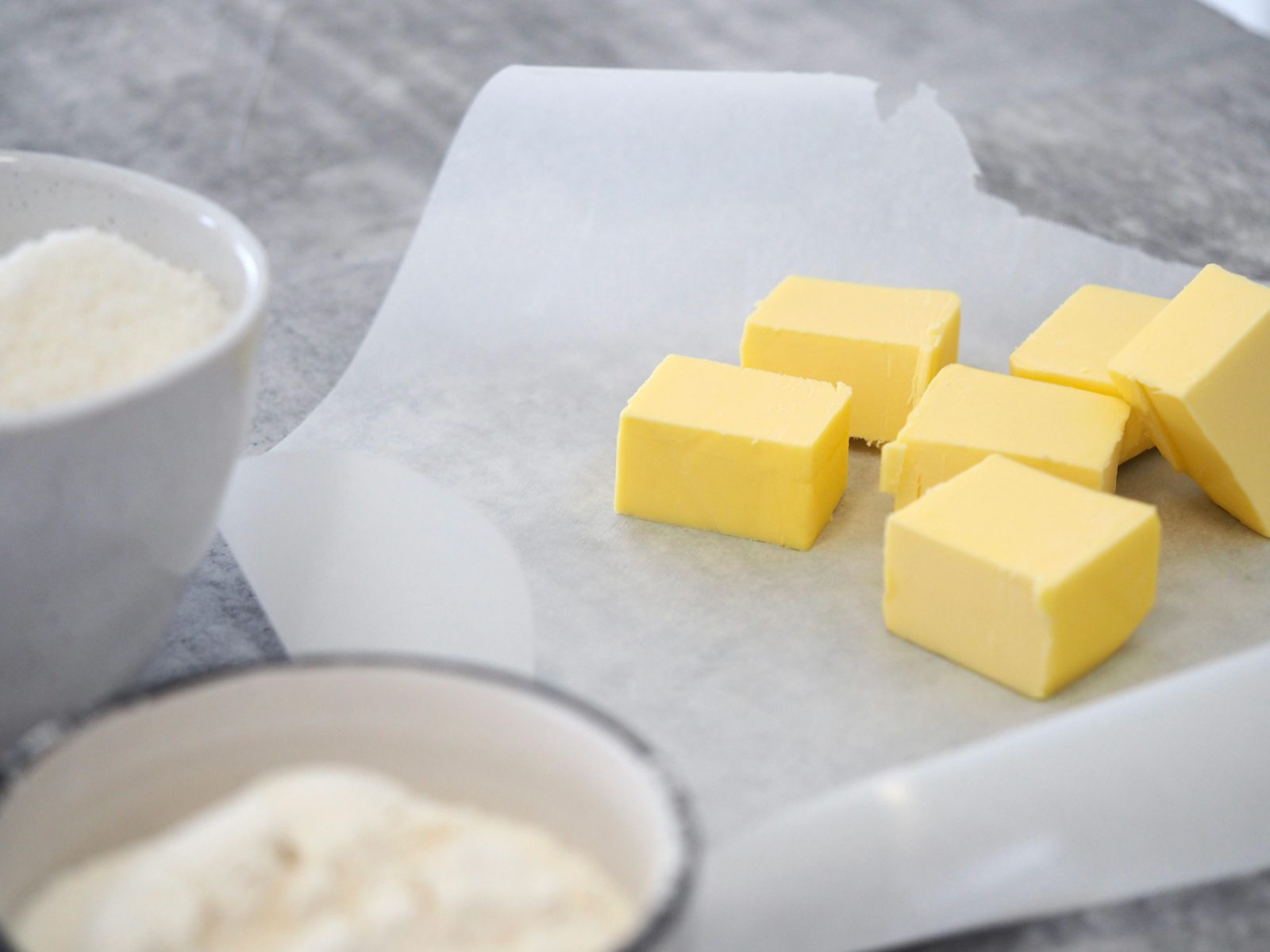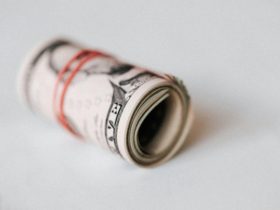The price of butter in the Czech Republic has been skyrocketing, with the average cost approaching 70 crowns per quarter-kilogram block. This surge has left consumers puzzled and economists searching for explanations.
According to the Czech Food Chamber, increased retail margins are the primary culprit behind the persistent price hikes. However, economists point to a variety of factors, including lower milk fat content, rising wages, currency exchange rates, and the typical end-of-year food price increases.
The average price for a standard 250-gram block of butter reached 68.80 crowns in October, marking a more than 33% increase compared to the previous year. The Czech Food Chamber attributes this spike to several factors: warm weather affecting milk production, a shortage of milk fat, and increasing labour costs.
Interestingly, while producers raised butter prices by an average of 15.80 crowns per kilogram in September, retail chains increased their margins even further to 26.93 crowns per kilogram. This discrepancy has led to accusations of profiteering, with one chamber spokesperson quipping that “it almost seems as if retailers are churning cream right on the store shelves”.
Experts suggest that the best solution for consumers is temporarily replacing butter with other plant-based or animal fats, reducing consumption, and waiting for store promotions. As the holiday season approaches, some analysts predict that stores might lower butter prices slightly as part of marketing campaigns to attract customers.





